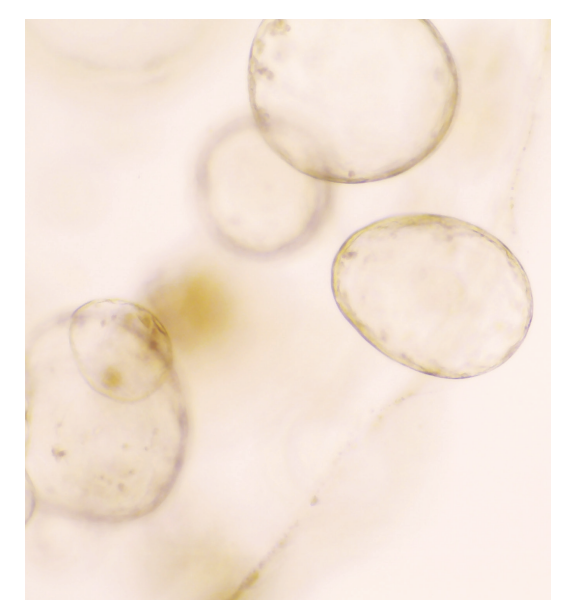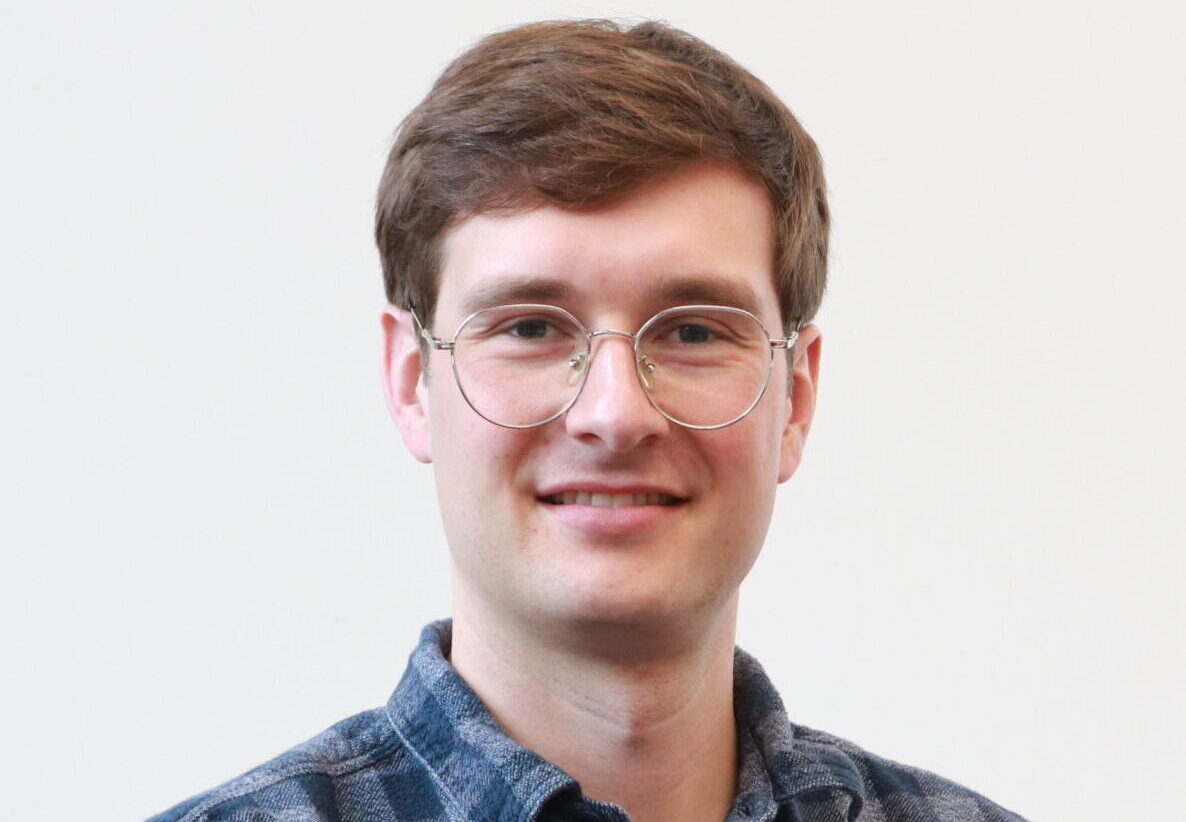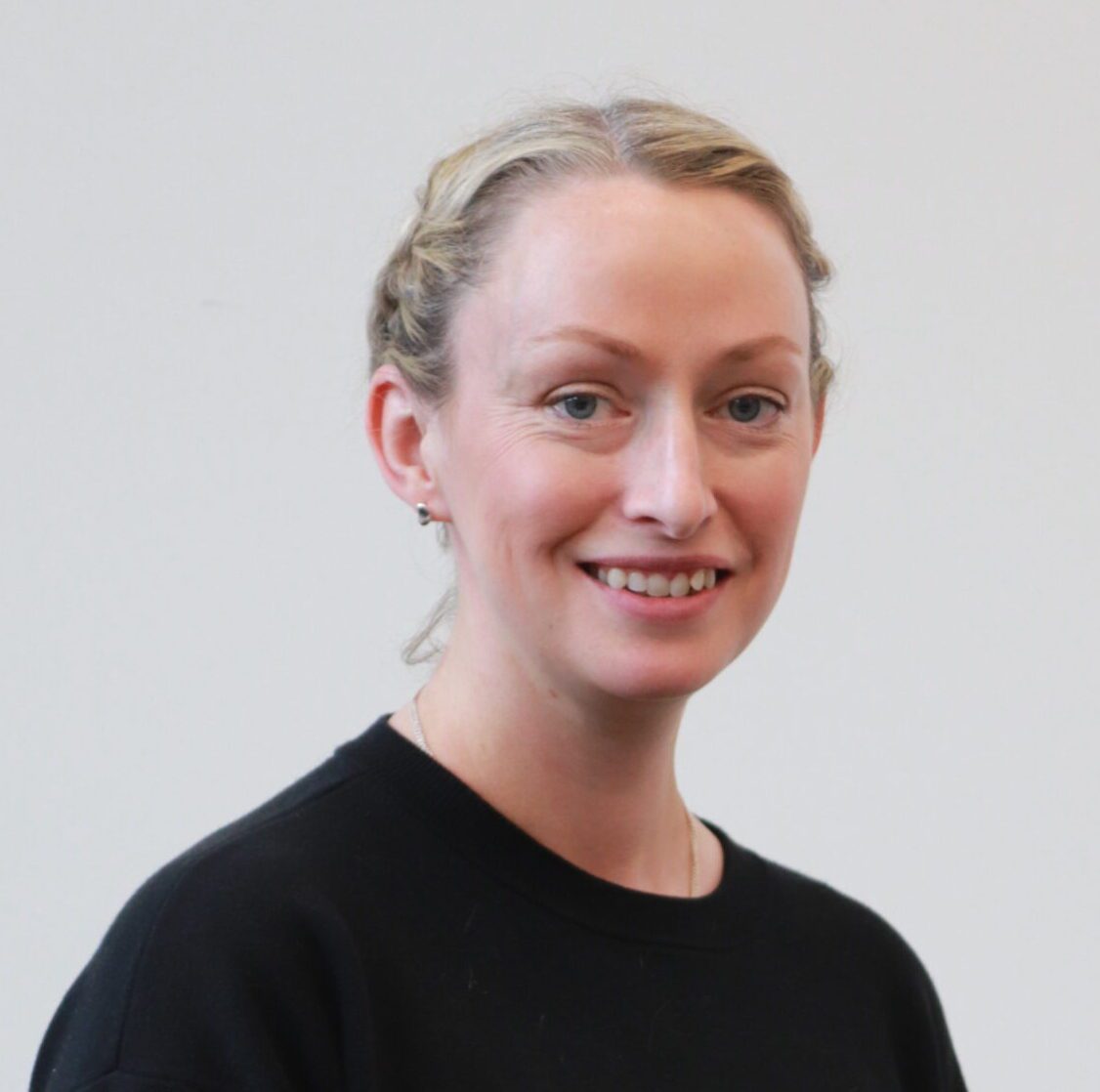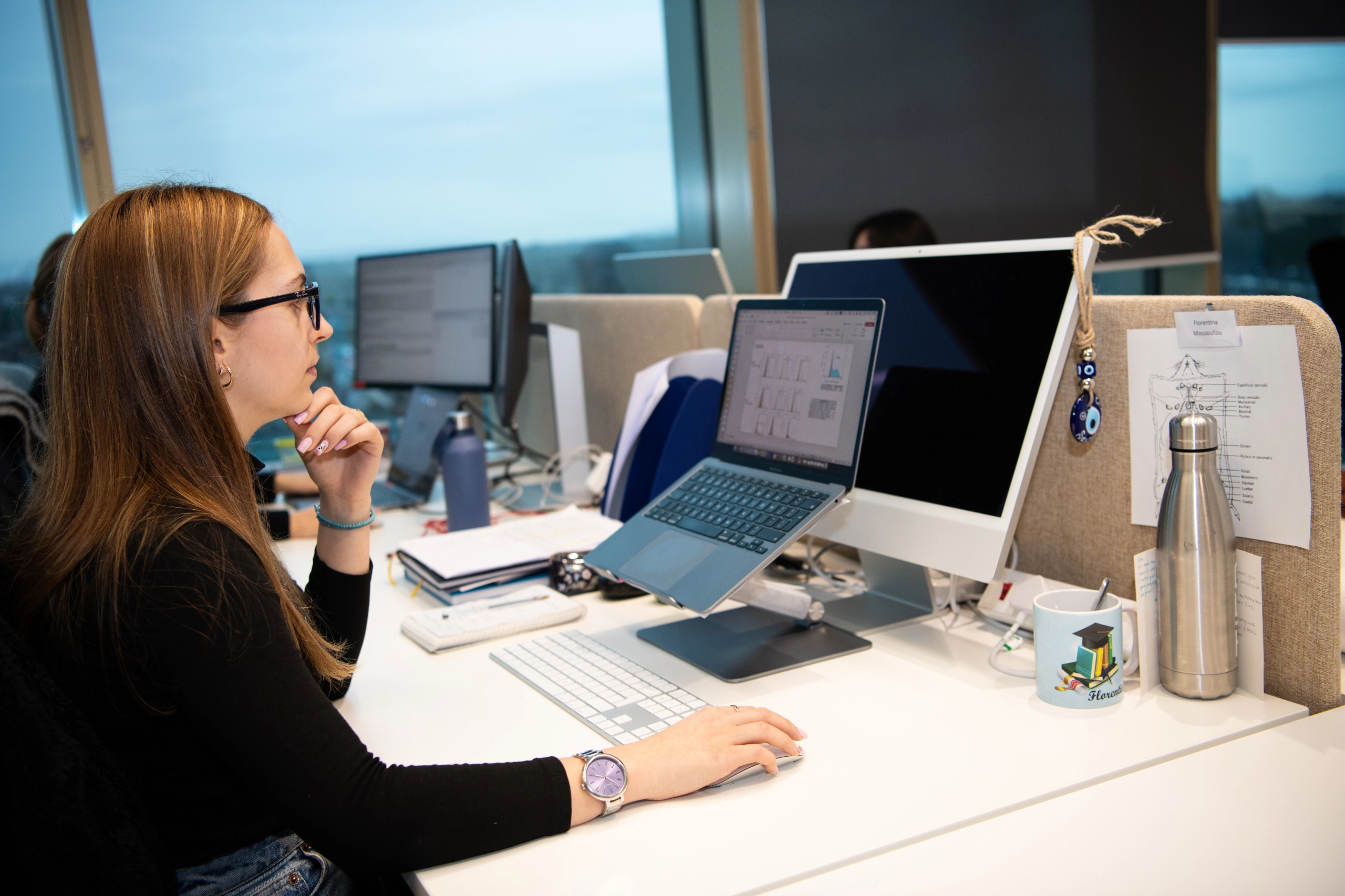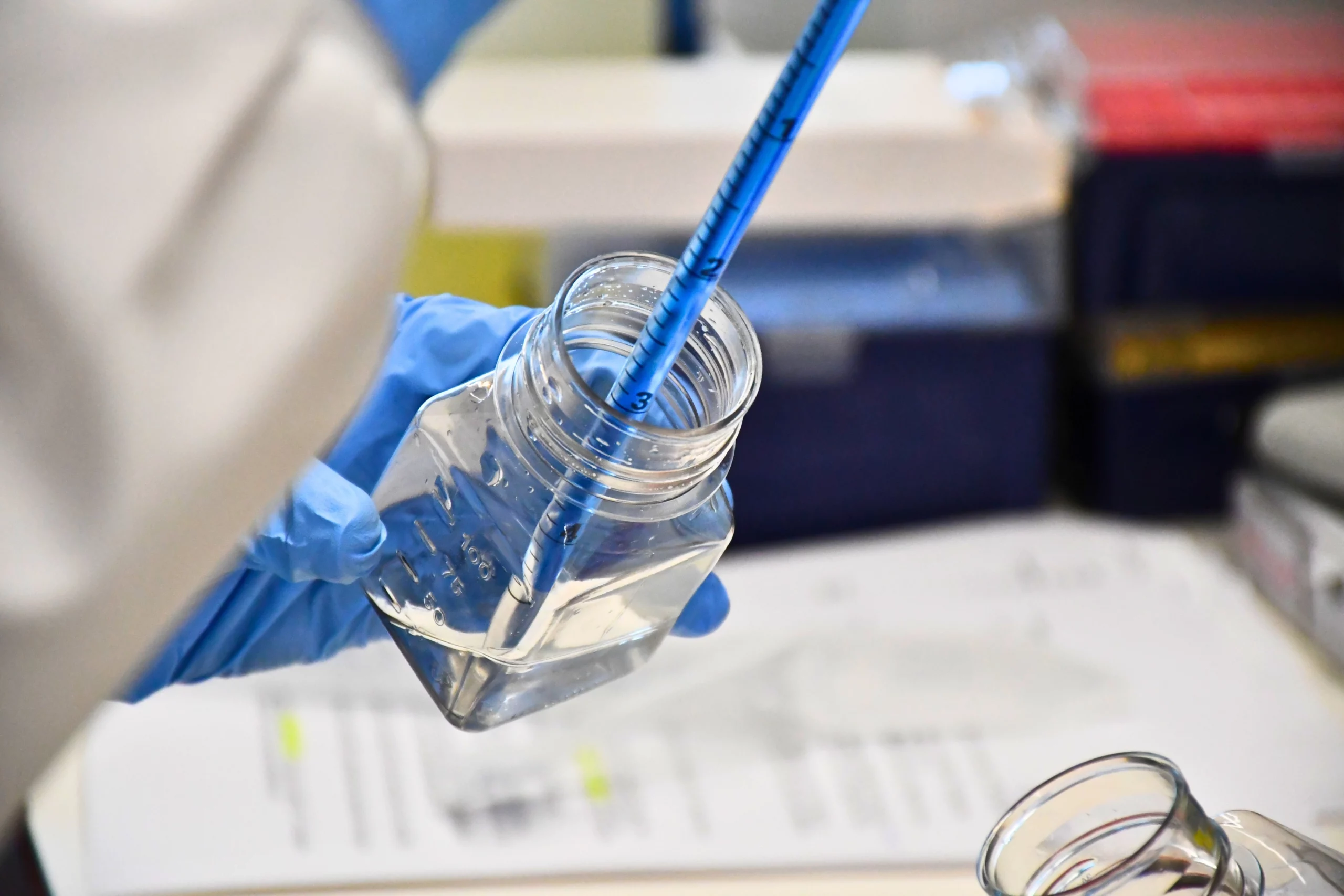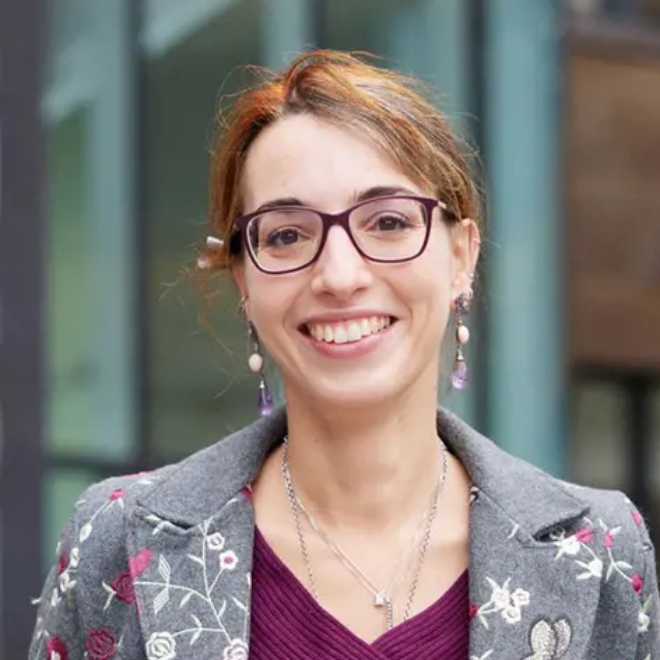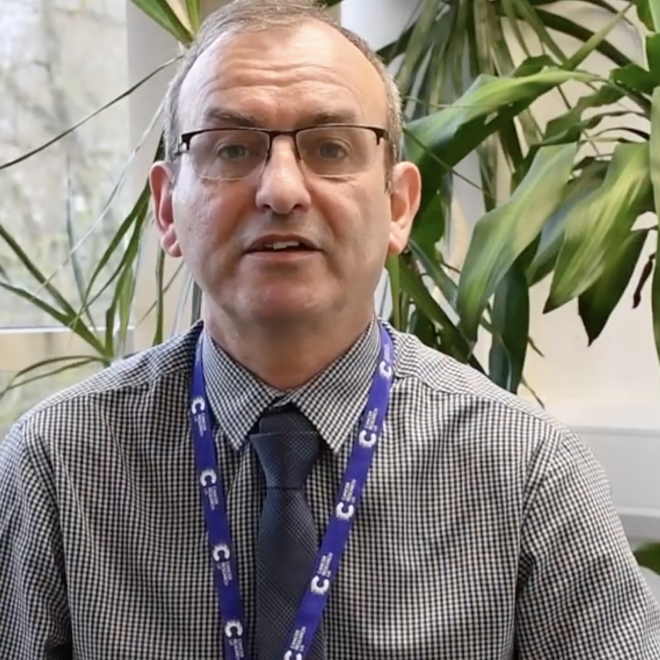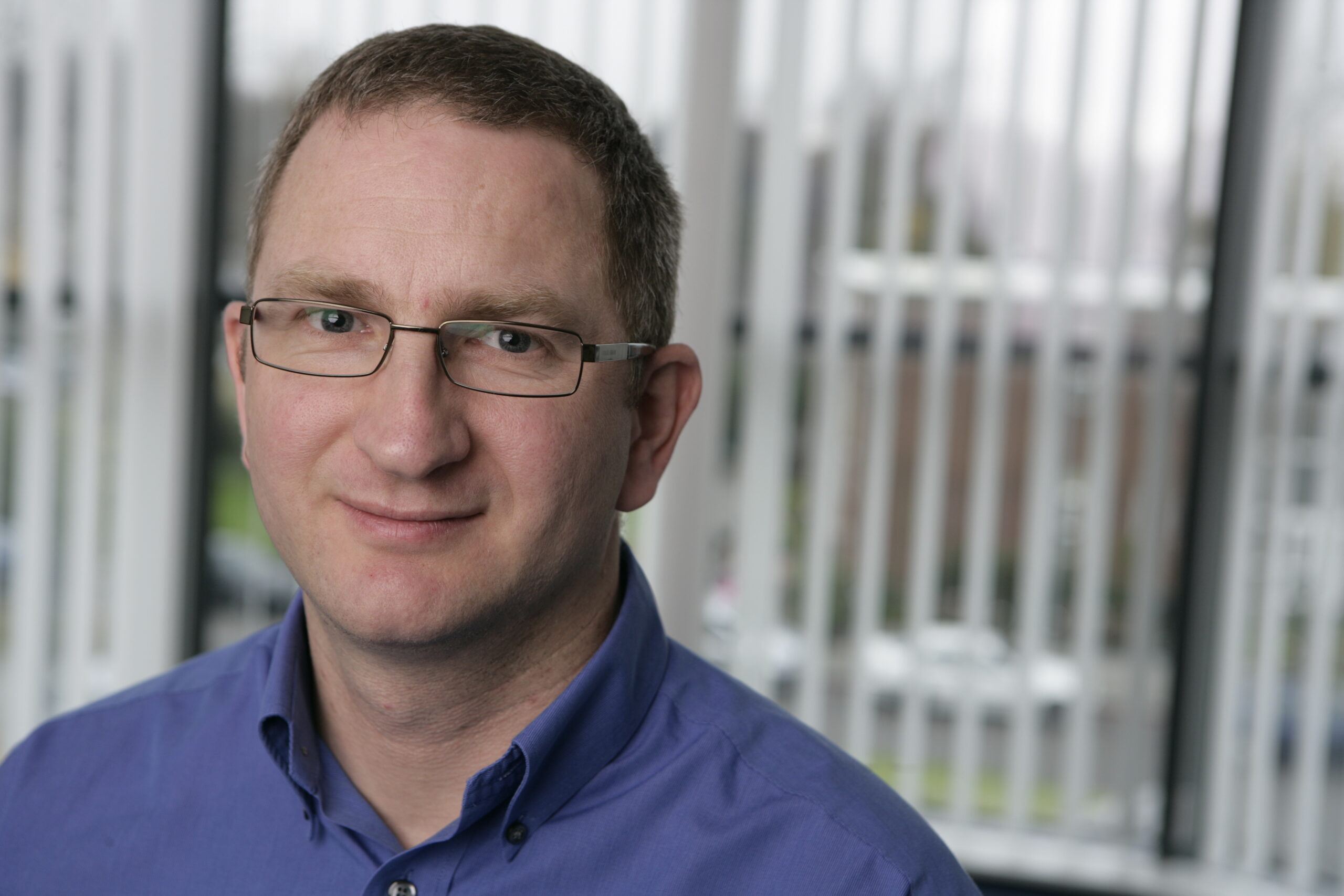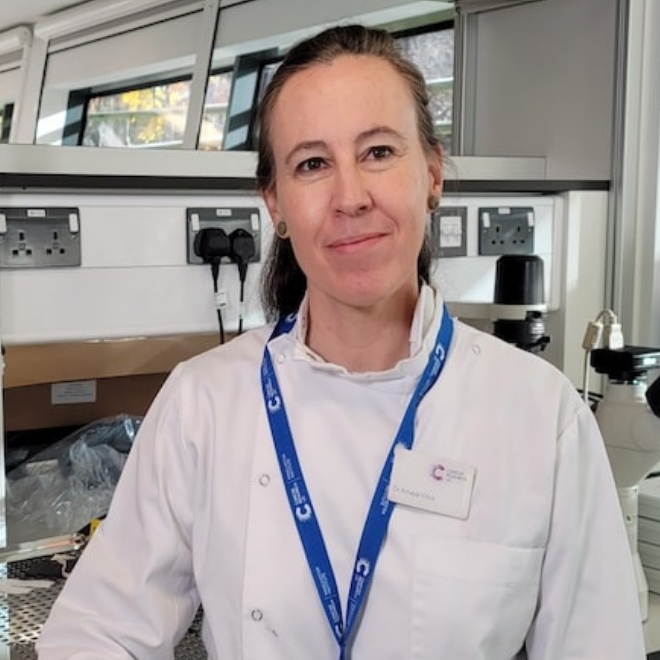Article highlights & insights
The mechanisms by which melanoma and other cancer cells evade anti-tumor immunity remain incompletely understood. This study shows that the growth of tumours formed by mutant BrafV600E mouse melanoma cells in an immunocompetent host requires their production of PGE2, which suppresses immunity and fuels tumour-promoting inflammation. Genetic ablation of cyclooxygenases (COX) or prostaglandin E synthases in BrafV600E mouse melanoma cells, as well as in NrasG12D melanoma or in breast or colorectal cancer cells, renders them susceptible to immune control and provokes a shift in the tumour inflammatory profile toward classic anti-cancer immune pathways.
Furthermore, proof-of-concept pre-clinical data demonstrate that inhibition of COX synergises with anti-PD-1 blockade in inducing tumour eradication, implying that COX inhibitors could be useful adjuvants for immune-based therapies in cancer patients.
The mechanisms by which melanoma and other cancer cells evade anti-tumor immunity remain incompletely understood. This study shows that the growth of tumours formed by mutant BrafV600E mouse melanoma cells in an immunocompetent host requires their production of PGE2, which suppresses immunity and fuels tumour-promoting inflammation. Genetic ablation of cyclooxygenases (COX) or prostaglandin E synthases in BrafV600E mouse melanoma cells, as well as in NrasG12D melanoma or in breast or colorectal cancer cells, renders them susceptible to immune control and provokes a shift in the tumour inflammatory profile toward classic anti-cancer immune pathways.
Furthermore, proof-of-concept pre-clinical data demonstrate that inhibition of COX synergises with anti-PD-1 blockade in inducing tumour eradication, implying that COX inhibitors could be useful adjuvants for immune-based therapies in cancer patients.
Institute Authors
Group leader
Research topics & keywords
Meet the Research Team
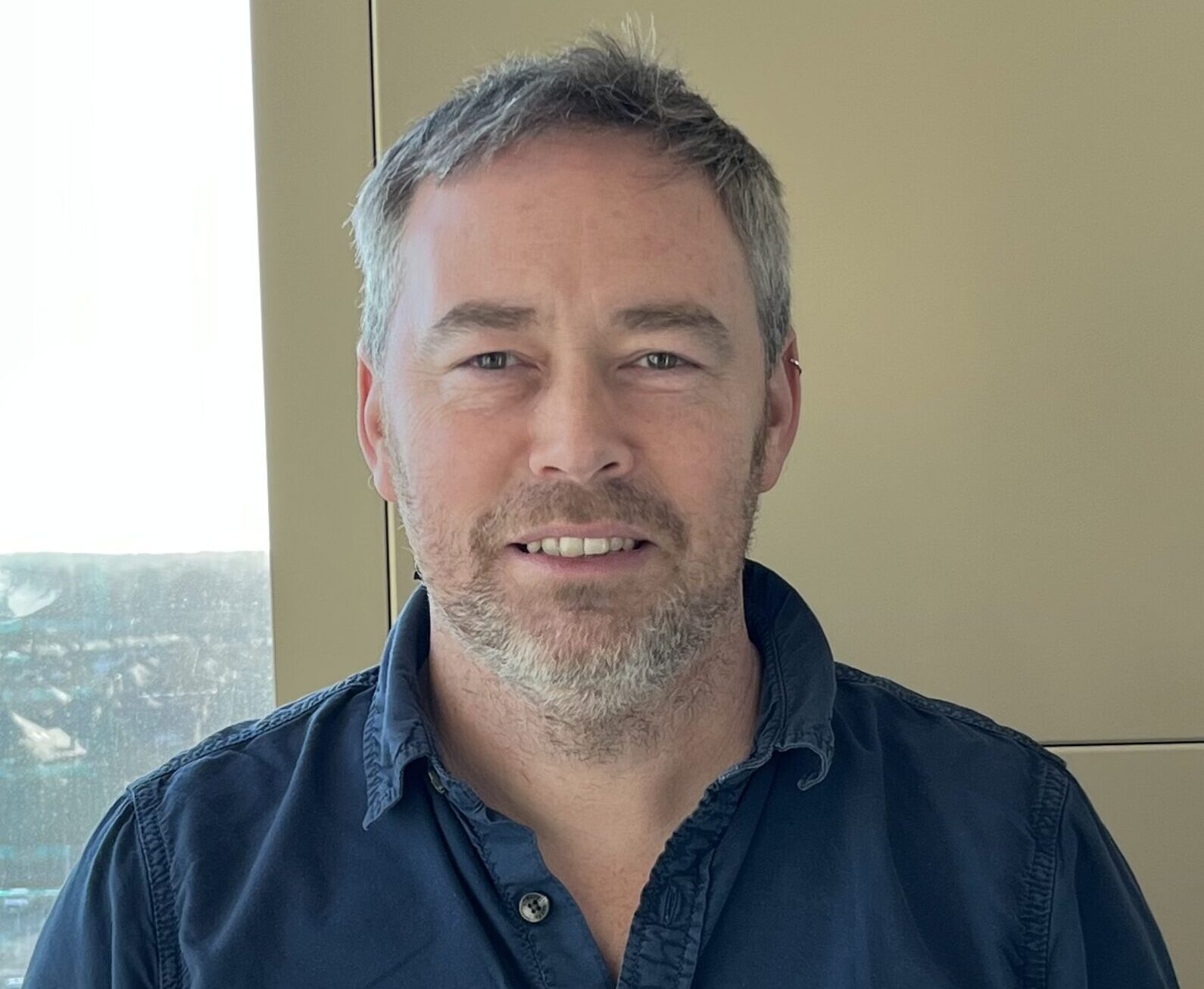
Senior Group Leader

Senior Scientific Officer
PhD Student
All publications
https://doi.org/10.1038/s41420-025-02582-x
Mutant p53 induces SH3BGRL expression to promote cell engulfment
1 July 2025
Institute Authors (5)
Garry Ashton, John Weightman, Wolfgang Breitwieser, Sudhakar Sahoo, Antonia Banyard
Labs & Facilities
Computational Biology Support, Flow Cytometry, Molecular Biology
1 July 2025
https://doi.org/10.1016/j.celrep.2025.115603
Functional characterisation of the ATOH1 molecular subtype indicates a pro-metastatic role in small cell lung cancer
27 May 2025
Institute Authors (2)
Caroline Dive, Kathryn Simpson
Research Group
Small Cell Lung Cancer Biology
27 May 2025
https://doi.org/10.1016/j.ccell.2025.04.001
Stromal lipid species dictate melanoma metastasis and tropism
24 April 2025
Institute Authors (5)
Amaya Viros, Duncan Smith, Garry Ashton, Alex Baker, Tim Somervaille
Labs & Facilities
Biological Mass Spectrometry, Histology, Visualisation, Irradiation and Analysis
Research Group
Skin Cancer & Ageing
24 April 2025
https://doi.org/10.1038/s41467-025-58343-y
A human model to deconvolve genotype-phenotype causations in lung squamous cell carcinoma
4 April 2025
Institute Authors (4)
Carlos Lopez-Garcia, Robert Sellers, Sudhakar Sahoo, Caroline Dive
Labs & Facilities
Computational Biology Support
Research Group
Private: Translational Lung Cancer Biology
4 April 2025
https://doi.org/10.1186/s12943-024-02157-x
The PI3K-AKT-mTOR axis persists as a therapeutic dependency in KRASG12D-driven non-small cell lung cancer
12 November 2024
Institute Authors (1)
Amaya Viros
Labs & Facilities
Genome Editing and Mouse Models
Research Group
Skin Cancer & Ageing
12 November 2024
https://doi.org/10.1186/s13045-024-01610-0
The small inhibitor WM-1119 effectively targets KAT6A-rearranged AML, but not KMT2A-rearranged AML, despite shared KAT6 genetic dependency
8 October 2024
Institute Authors (6)
Georges Lacaud, Mathew Sheridan, Michael Lie-a-ling, Liam Clayfield, Jessica Whittle, Jingru Xu
Research Group
Stem Cell Biology
8 October 2024
Our Research
Our research spans the whole spectrum of cancer research from cell biology through to translational and clinical studies
Research Groups
Our research groups study many fundamental questions of cancer biology and treatment
Our Facilities
The Institute has outstanding core facilities that offer cutting edge instruments and tailored services from expert staff
Latest News & Updates
Find out all our latest news
Careers that have a lasting impact on cancer research and patient care
We are always on the lookout for talented and motivated people to join us. Whether your background is in biological or chemical sciences, mathematics or finance, computer science or logistics, use the links below to see roles across the Institute in our core facilities, operations teams, research groups, and studentships within our exceptional graduate programme.



